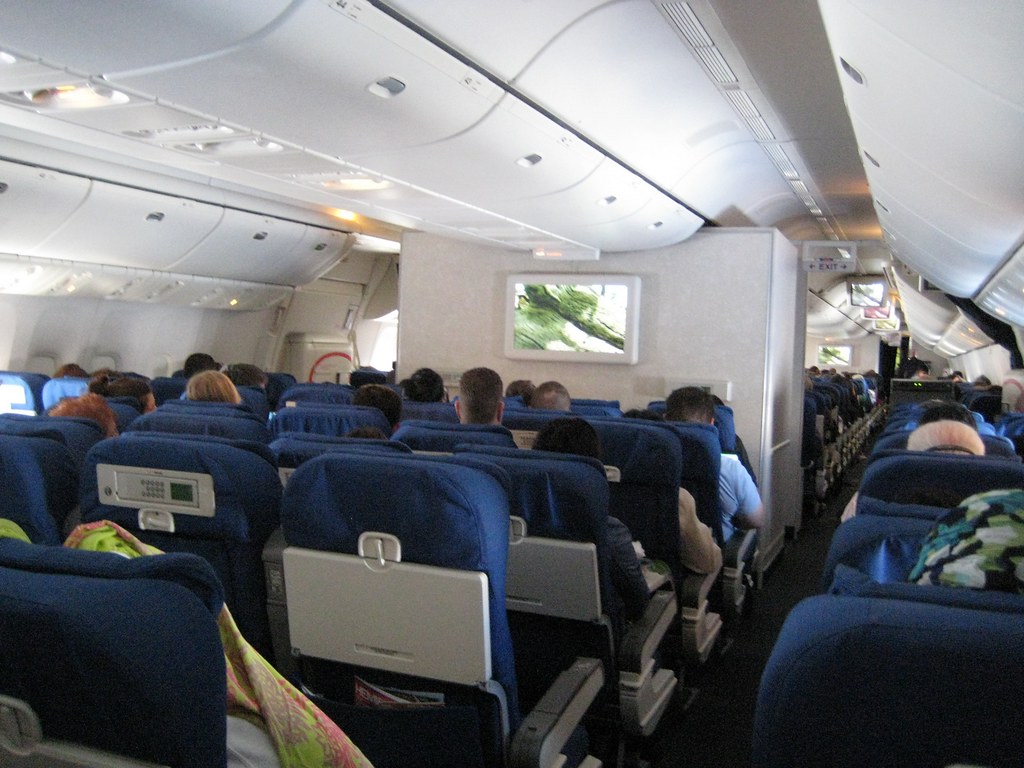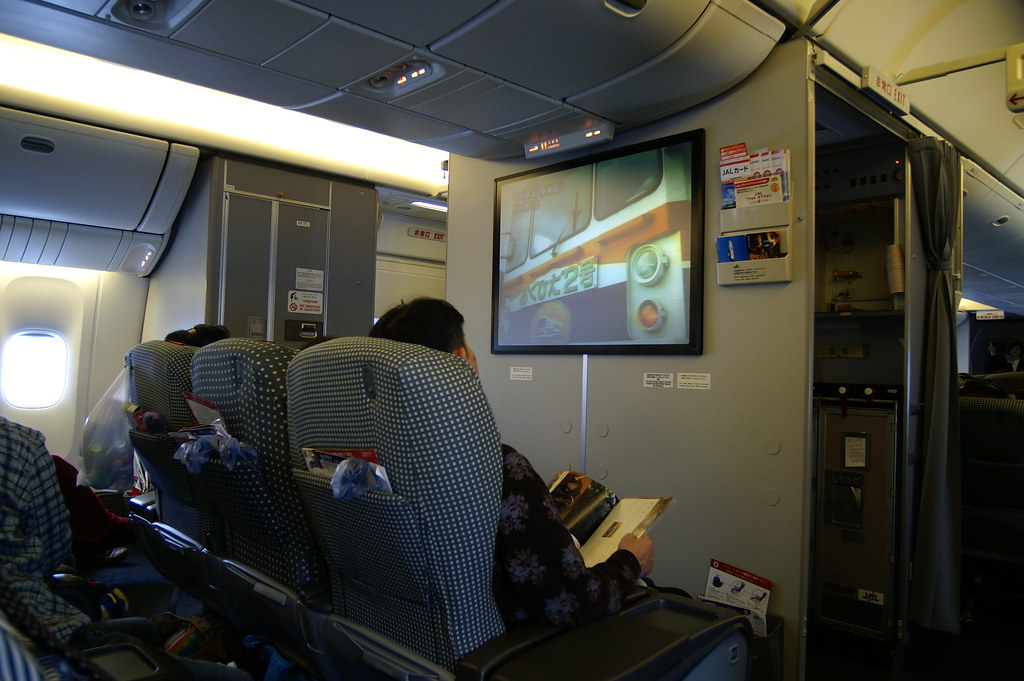Traveling by plane can be a complex task, and for passengers with disabilities, the complexity of air travel may bring additional challenges. The Air Carrier Accessibility Act, passed by Congress in 1986 and implemented in 1990, aims to minimize these challenges and ensure that everyone, regardless of disability, can fly comfortably and safely.
ACAA’s Definitions and Rules for Airlines
The ACAA is comprehensive, covering all types of disabilities, not just mobility impairments. It defines persons with disabilities as those who have physical or mental disabilities that severely restrict one or more major life activities, have a record of such disabilities, or are considered to have such disabilities. This definition is almost identical to the Americans with Disabilities Act (ADA), which clearly includes temporary disabilities as well.
According to ACAA, airlines cannot refuse to transport passengers solely based on their disabilities, nor can they limit the number of disabled passengers on flights. The information provided to other passengers must also be open to people with disabilities, unless for safety or health reasons, or if the aircraft has fewer than 30 seats and cannot accommodate certain boarding equipment.

Specific Requirements and Services for Disabled Passengers
Air travel usually does not require a disability certificate. However, if passengers need stretchers or incubators, medical oxygen, or suffer from infectious diseases during the flight, a doctor’s declaration may be required. The statement must confirm that the passenger is capable of safely completing the flight without special medical assistance and indicate the date within ten days after the first takeoff flight.
The advance notice requirements for disabled passengers vary depending on the required services. For example, those who require in-flight medical oxygen or use ventilators, respirators, CPAP machines, or portable oxygen concentrators (POCs) must notify and check-in in advance of the general public. This also applies to passengers who require electric wheelchairs, dangerous goods packaging, or travel with service animals, ensuring they receive the necessary accommodations.
Airlines prohibit requiring disabled passengers to travel with an assistant unless in specific safety related circumstances. If the airline determines that an assistant is needed, they cannot charge for the assistant’s transportation expenses. However, airlines are not responsible for finding or providing assistants.

Importantly, airlines cannot charge additional fees for accommodations required by the ACAA. If passengers require multiple seats, additional seat fees may be charged, but this is not considered an accommodation surcharge, ensuring fairness in pricing.
Airlines must provide accessibility information for flights and aircraft, including detailed information on seat positions, storage facilities, and available services. Passengers using SMS calls for communication is also mandatory and no additional fees are allowed, ensuring clear and accessible communication.
Airports must also be accessible and provide assistance to disabled passengers upon request. This includes transportation between boarding gates, through the terminal, and to animal rescue areas for service animals.
All passengers, including those with disabilities, must undergo safety checks. Any additional safety measures taken by airlines must be applied equally to all passengers. As long as the flight is not delayed, private screenings should be provided upon request to ensure privacy and comfort.
On the plane, airline personnel must assist with boarding and disembarking, prepare meals, use onboard wheelchairs, and load and retrieve items. However, they do not need to provide assistance during actual dining or in the restroom.
The case of portable oxygen concentrator (POC) highlights the importance of understanding and complying with ACAA. A few years ago, airlines could refuse POC, but now they must provide POC, provided that passengers meet the requirements of advance notice and check-in procedures.
The ACAA is important legislation that ensures everyone can travel by plane. Airlines have a responsibility to uphold these standards, as well as the right of disabled passengers to understand and advocate for their rights. When airlines fail to comply with regulations, such as in unfortunate incidents where medical equipment for people with disabilities is taken away and not delivered to the destination, they must be responsible for maintaining the integrity of accessible air travel.
Related posts:
American Airlines Checked My Dignity at the Gate
Report Airlines for Disability Rights Violations
Disabled passenger claims American Airlines lost his prosthetic leg worth $26,000




